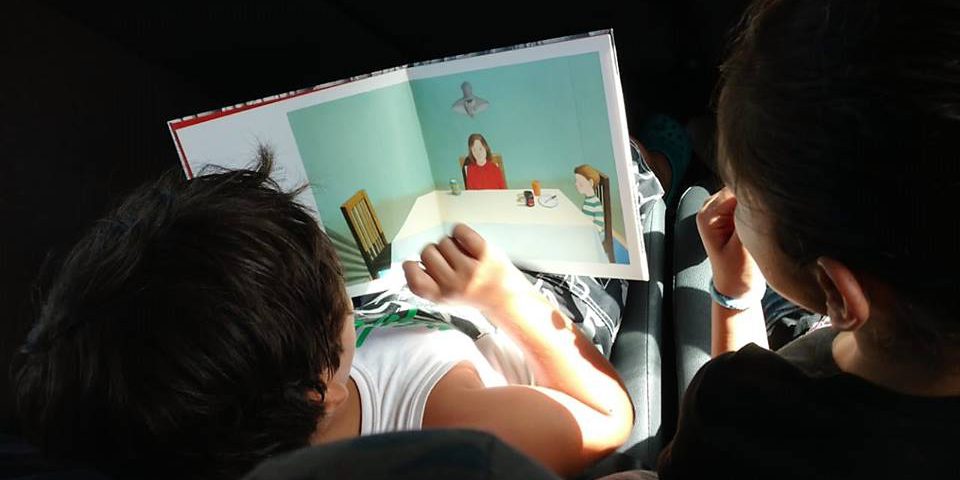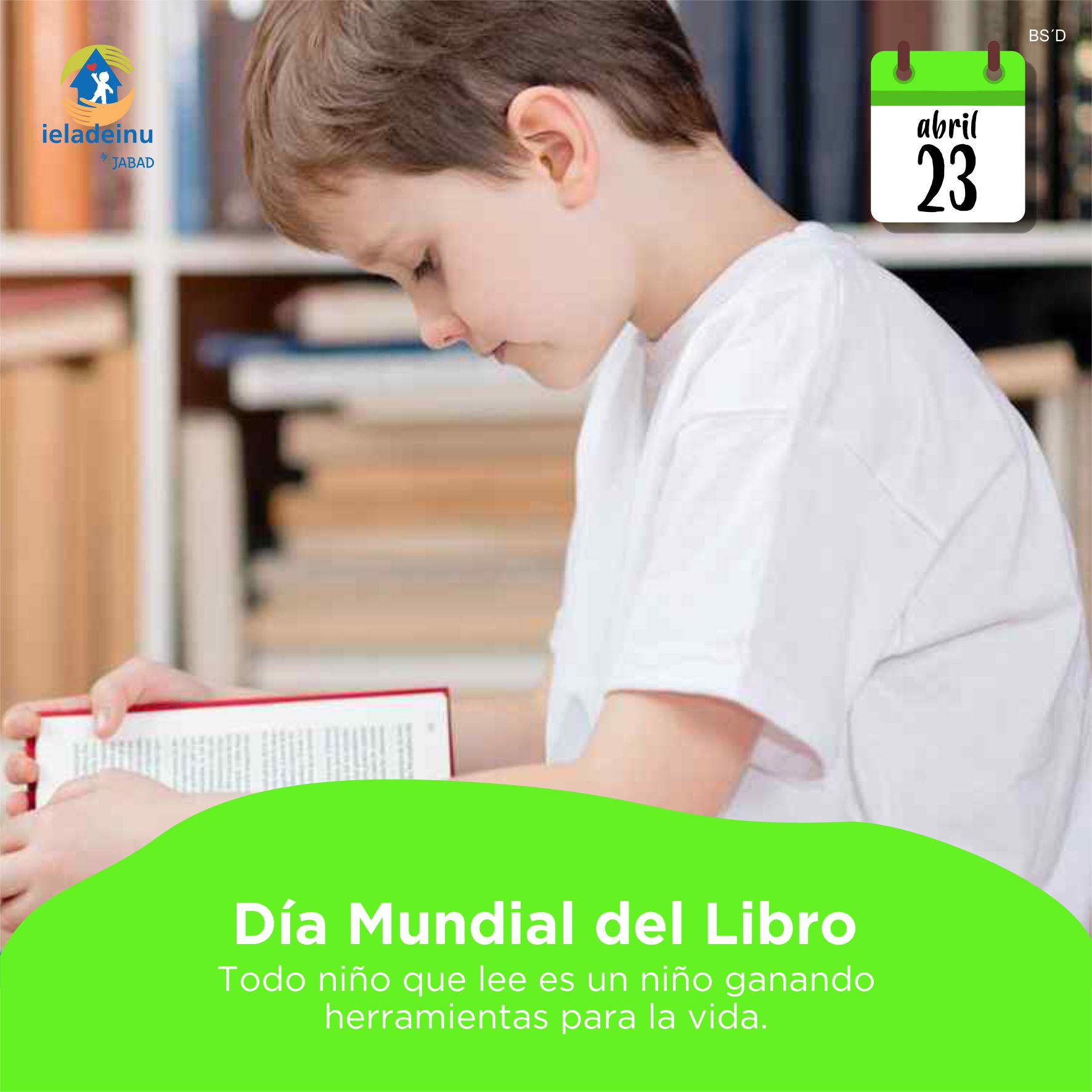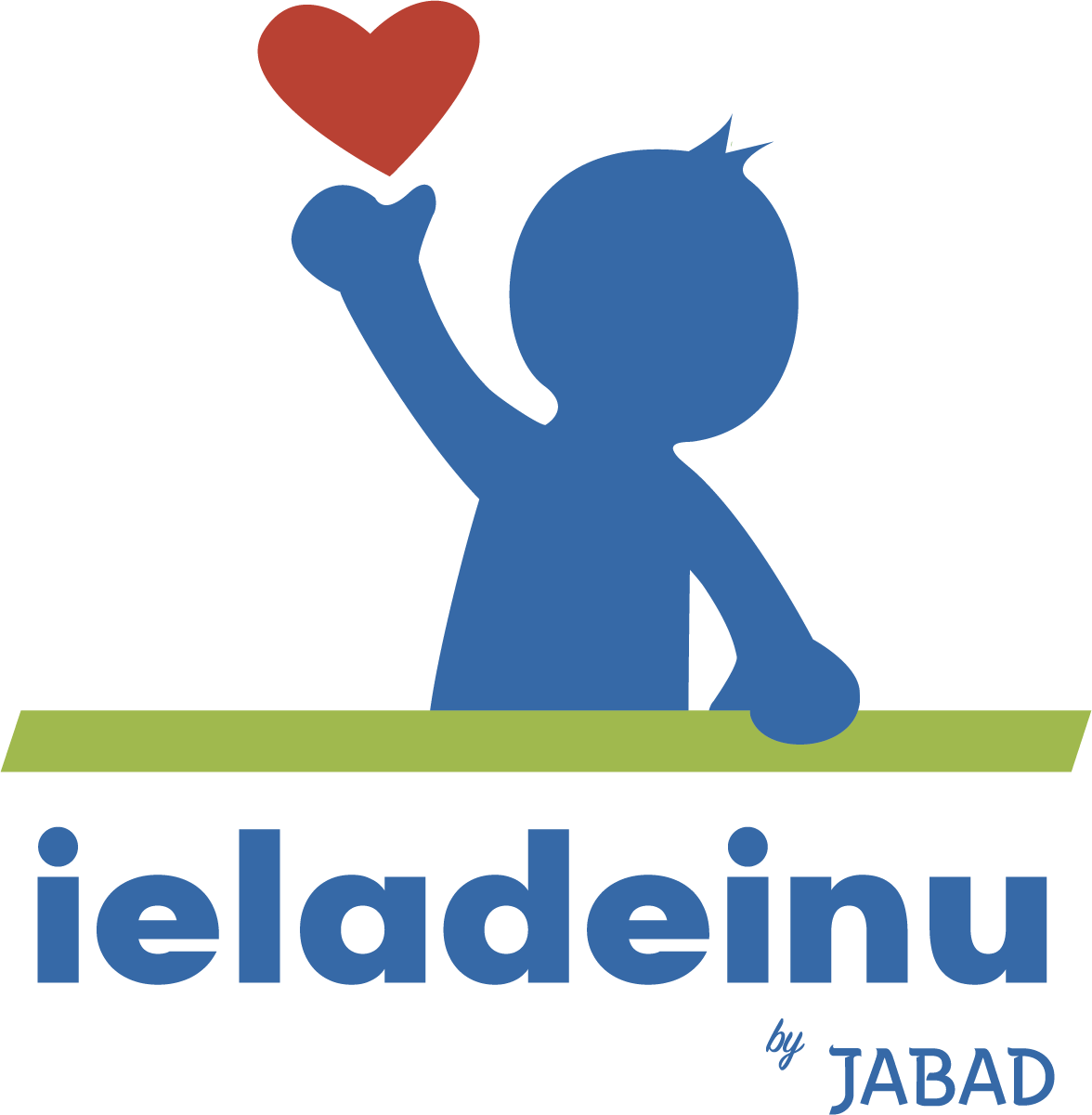Reading: “How”, before “where” and “when”

Affective Community Model: News
15 April, 2019
This Pesach, we feel protected😃
16 April, 2019
Article created from the work experience at Ieladeinu’s Day Care Center
By Marcos Radzanowicz
Along history, there have been many different cultural consumption objects available to the public. Theater plays, circus, radio, TV and, more recently, electronic games, computers, cell phones and tablets. Each of these objects, with their own features, establishes forms of connection, ways of relating to each of these devices and, at the same time, affects the way we link with each other.
For several centuries, one of these objects occupies a central place in our culture: the book. A special object that, despite the passage of time and technological changes, still keeps a privileged place in many of us. However, today we see how for many children and young people the book has lost value against the varied series of electronic devices that are within their reach. It is pointless to feel sorry about this reality. The mere nostalgic complaint leaves us safe from the problem, but out of trying to be part of the solution.
In our daily work, we try to give the book a privileged place. We turn it into a tool to connect, listen and share stories. We know that a person begins to train as a reader in his or her early years. Since then, such person establishes an affective relationship with reading. When we sing songs or tell stories, we seek to encourage children to interact through games with books, to know them and integrate them into their life experience.
In this attempt is when we usually find that children may not have the individual or instinctive initiative to approach a book and spend time reading. Therefore, it is necessary to actively call them to read and to congregate. It can be at any time, during lunch, at the park, in small groups.
In our experience, “when” or “where” do not matter that much. Over time, we have realized that what always ends up making a difference is how. It is important to be able to transmit to others what the book generates and what the book means to us. From this point, gathering around a book we find in each of us an eagerness to connect with others and oneself through the stories and words that we share.

